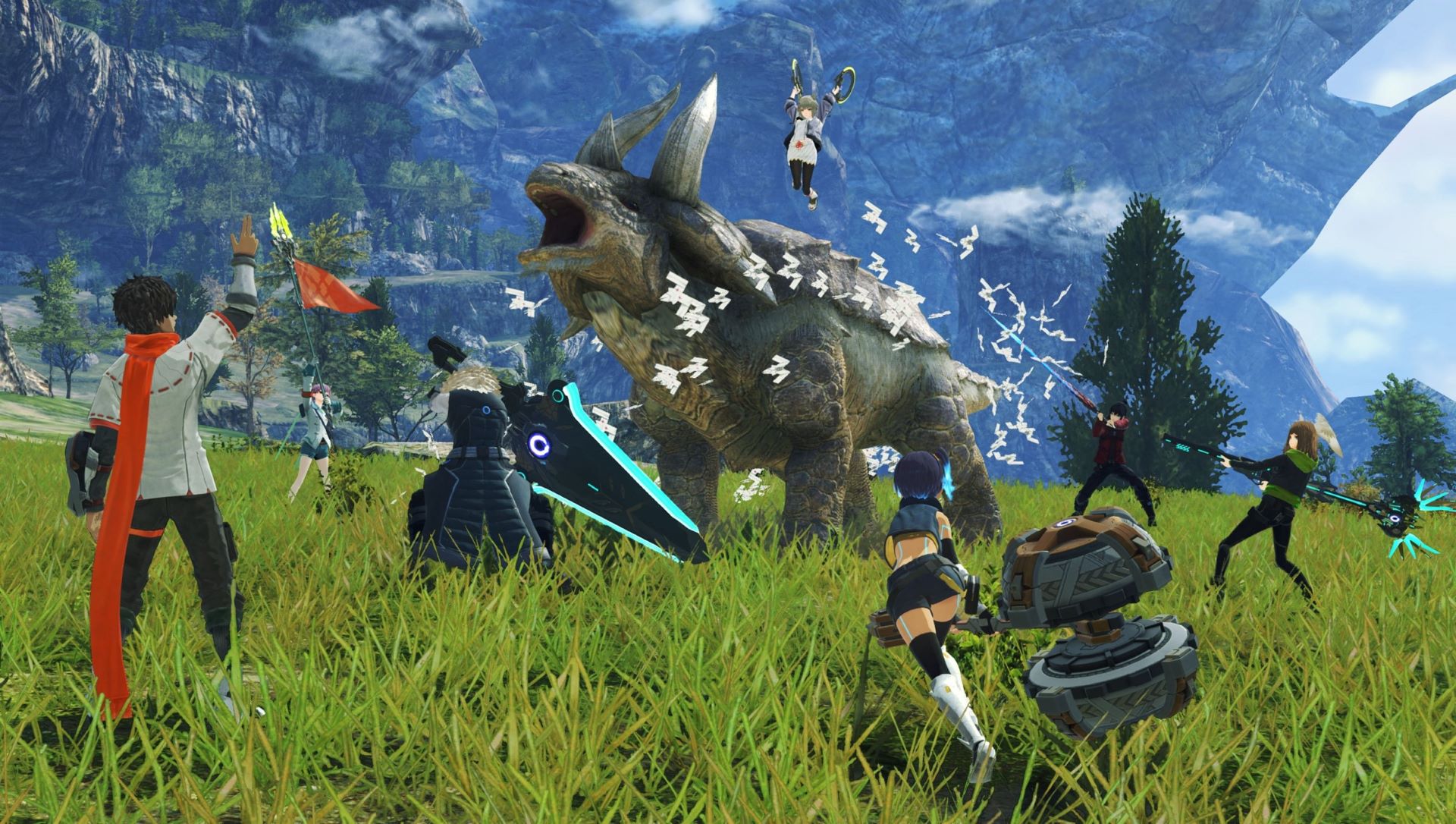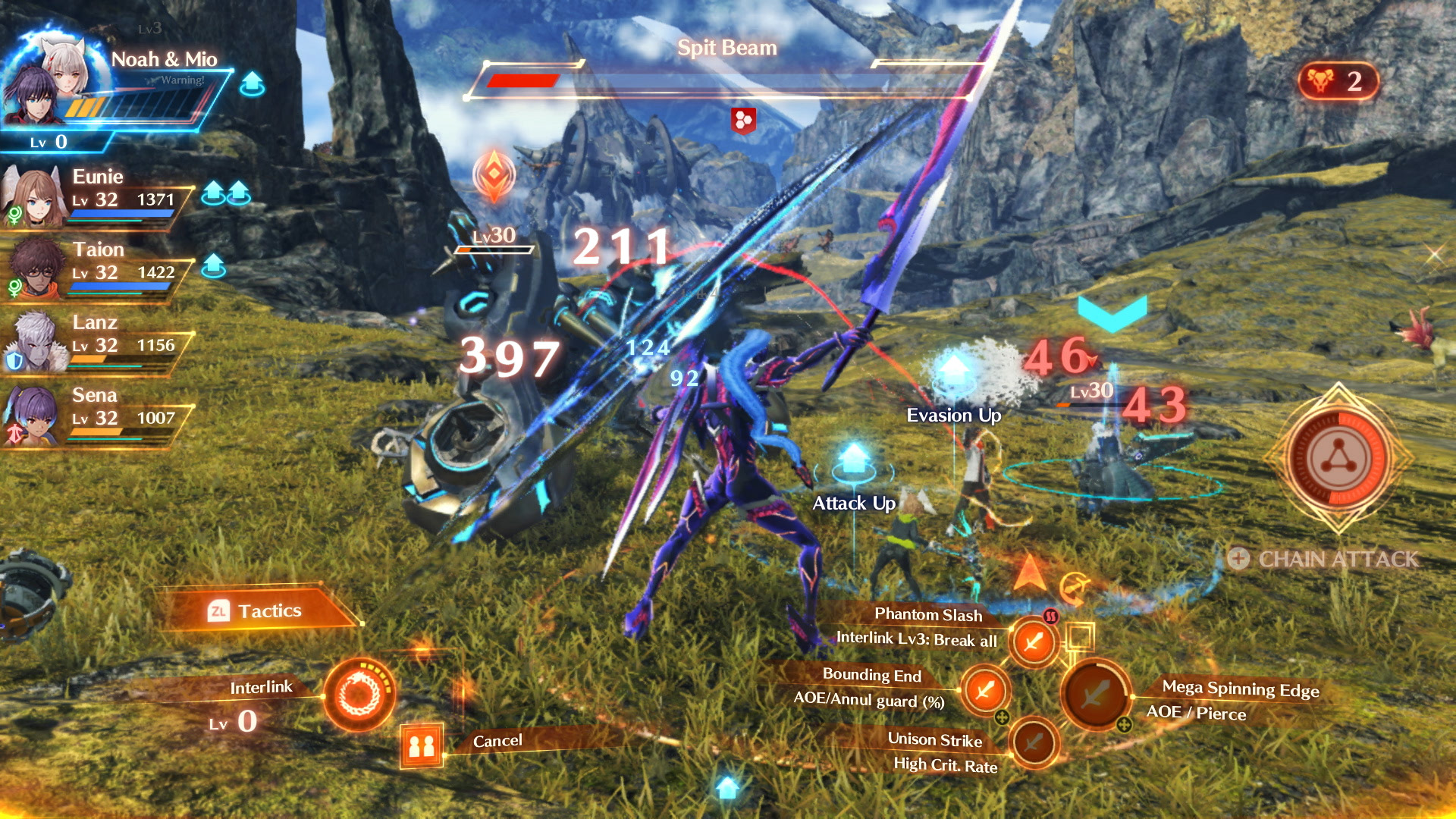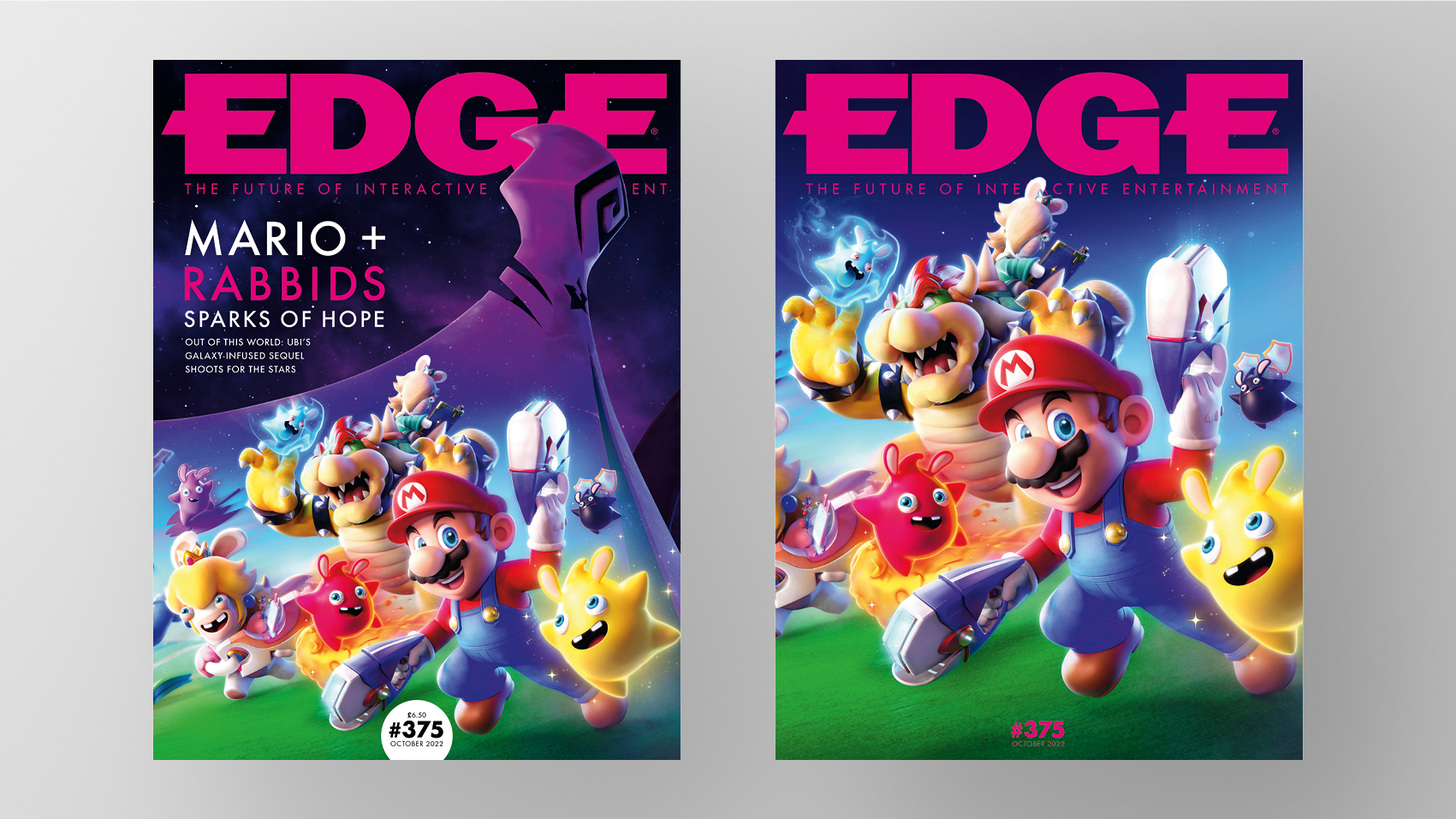Xenoblade Chronicles 3 highlights why JRPGs must find balance with tutorials
Xenoblade Chronicles 3 makes us wonder if modern JRPGs hold our hands too tightly?

About 30 hours into our time with Xenoblade Chronicles 3, curiosity leads us to check the tips menu, just to see how many times our adventure so far has been interrupted by a tutorial window. Nudging the analogue stick downwards as it rapidly scrolls through them takes us around 20 seconds, covering more than 150 individual tip categories - several of which have more than one page to read. That might sound terribly off-putting, but we're simply stating the facts rather than complaining. We've long grown accustomed to the traditional Japanese approach to tutorials, particularly in JRPGs and the like, so the frequent interjections are nothing new to us.
Spread out over such a period of time, it doesn't feel nearly as irritating in practice as it might seem on paper. And Xenoblade Chronicles 3 does, in fairness, have a significantly larger range of features than most games. Heck, we could have simply listed them all in our review (found in issue #375 of Edge) and we would have long passed the word count before we'd got halfway down the list. (A small selection of the ones we didn’t have room to mention in the review: rest stops, soldier husks, supply drops, ether channels, fabricators, collectopaedia cards, refighting unique monsters, rebooting Ferronis hulks.)
Finding balance


This article first featured in Edge magazine - you can check out subscription offers at Magazines Direct.
There is, in other words, an awful lot to take in - and training drills are available from the menu at any time to refresh your memory. These are a fine way to punch home mechanics you might have forgotten about or otherwise neglected for a while, as well as helping you learn about best practices in combat in a virtual context where the pressure is off. It is almost certainly the ideal way to internalise more advanced techniques that were less exhaustively explained at the time, and there are a few JRPGs we can think of that would benefit from a similar approach. That said, a lot of the systems, particularly the first few to which you're introduced in painstaking detail, will be familiar to those who have played the previous two Xenoblade games.
What makes it worse is Monolith Soft's patronisingly thorough approach to explaining it all. It walks you through a number of fairly basic JRPG mechanics (gem crafting, equipping new skills) step by step, forcing you to follow its instructions with a blue pointing hand that indicates which menu option you need to select next on each screen. At times it doesn't so much feel like the game is catering to those who didn't play the first two titles in the series (which is fair enough; this is a standalone tale that requires no prior history with the series) as people who have never experienced a JRPG before.
In one or two cases, we begin to wonder if it's trying to accommodate people who are completely new to video games - though the idea that this would be anyone's first game is quite hilarious. The desire to be welcoming to players of all ages and levels of experience is laudable, even if this seems like approachability taken to its logical extreme. But therein lies the problem: this isn't suited to players who know the series well, who know about positioning and targeting lines and Art cooldowns and linked attacks and combos and would rather like to get on with things, thank you very much.
There are difficulty options, plus display and notification settings to make the screen less cluttered. There are options for subtitles and dialogue text speed. You can enable auto-battling outside fights against bosses and unique monsters. There is even an option to change the arrangement of the party in the background of the main menu. But there is no allowance for Xenoblade veterans to skip any of the tips for features with which they are already intimately acquainted. Shouldn't developers consider experienced players as well as newcomers when designing tutorials? Because not everyone needs their hands held quite so tightly.
This feature first appeared in issue #375 of Edge magazine. For more great articles like this one, check out all of the subscription offers at Magazines Direct.
Weekly digests, tales from the communities you love, and more

Chris is Edge's former deputy editor, having previously spent a decade as a freelance critic. With more than 15 years' experience in print and online journalism, he has contributed features, interviews, reviews and more to the likes of PC Gamer, GamesRadar and The Guardian. He is Total Film’s resident game critic, and has a keen interest in cinema. Three (relatively) recent favourites: Hyper Light Drifter, Tetris Effect, Return Of The Obra Dinn.


